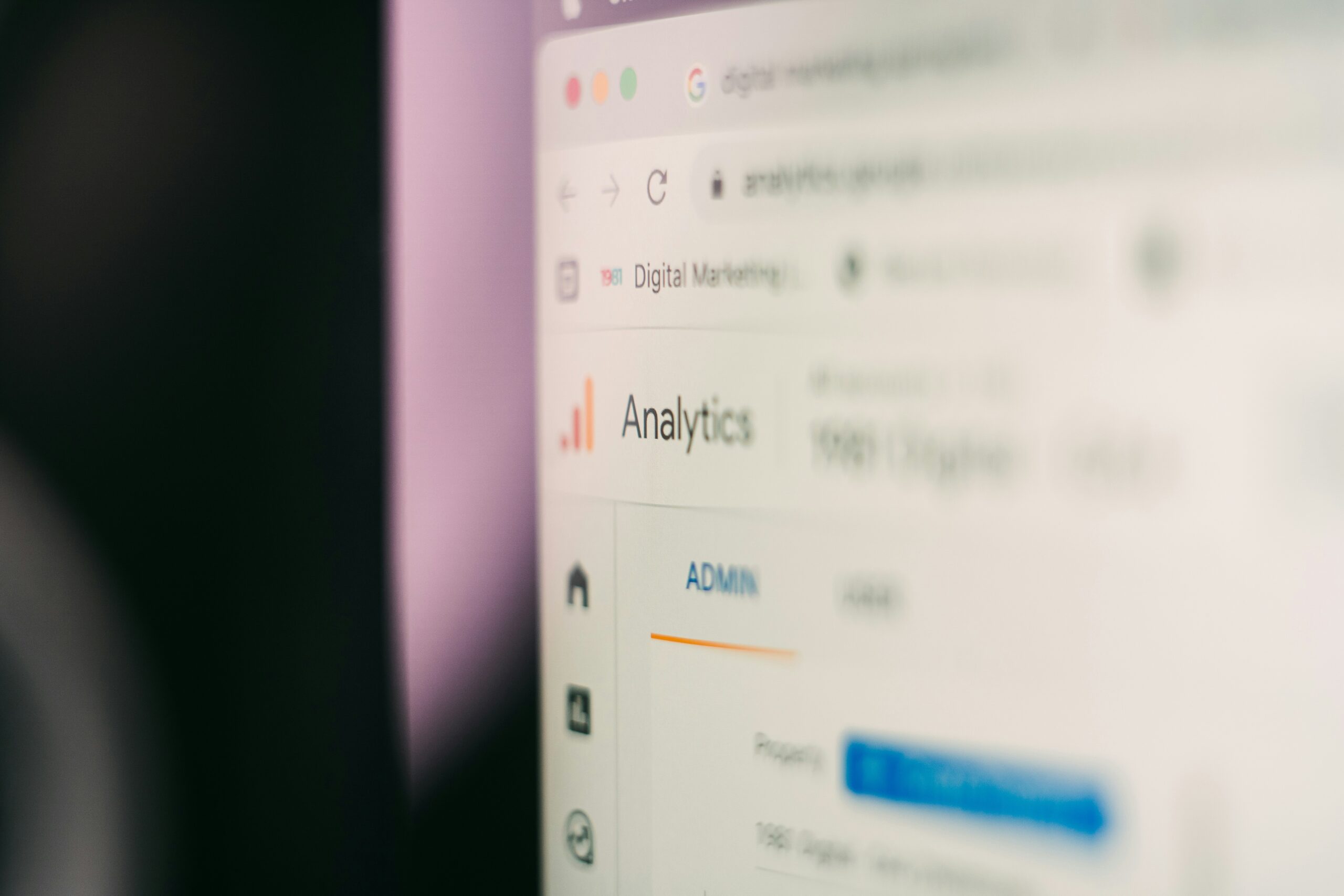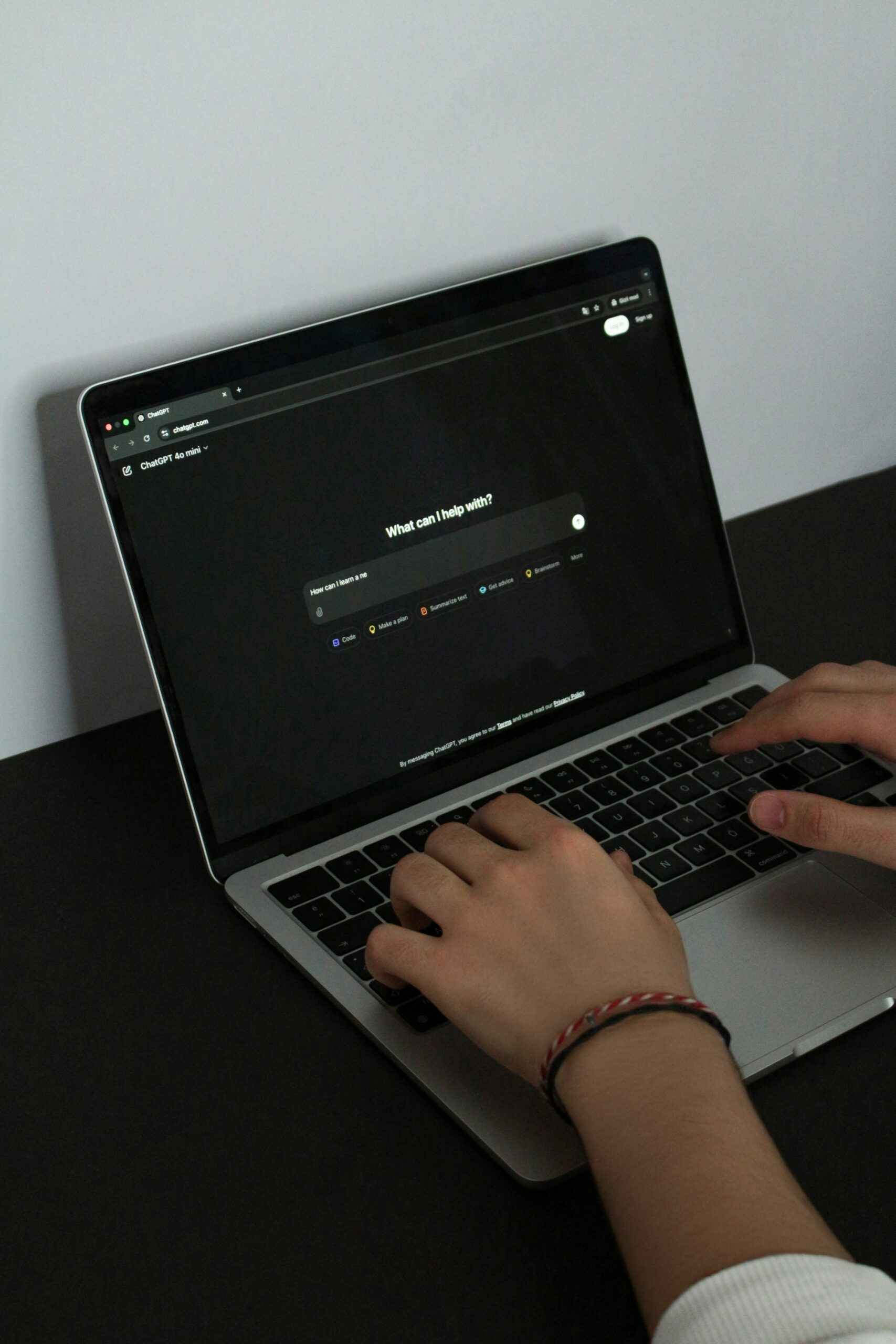What is PPC and Why Does It Matter?
PPC, or Pay-Per-Click advertising, is a digital marketing strategy where advertisers pay a fee each time someone clicks on their ad. Instead of earning visits organically through SEO, PPC lets you buy visits to your website. It’s an incredibly effective way to generate quick traffic, leads, and sales—especially if you’re launching a new product, entering a competitive market, or looking to scale fast.
For beginners, PPC might seem overwhelming at first, but with the right approach, it can be one of the most cost-effective tools in your digital marketing arsenal.
How PPC Works: The Basics
When you run a PPC campaign, you’re essentially entering your ad into an auction. Platforms like Google Ads or Microsoft Ads will display your ad based on how relevant and useful it is, how much you’re willing to bid, and how well your ad is structured. You only pay when someone clicks.
The most common form of PPC is search engine advertising. This involves placing ads on search engine results pages (SERPs) when users type in keywords related to your product or service.
Key Benefits of PPC Advertising
Instant Traffic
While SEO takes time to build momentum, PPC can start driving traffic to your site the moment your ads go live. It’s ideal for product launches, promotions, and filling in gaps in your organic reach.
Precise Targeting
PPC platforms let you target users based on demographics, location, device, interests, behavior, and more. You can even retarget users who’ve already visited your site.
Budget Control
With PPC, you control how much you spend per click, per day, or per campaign. You’re never locked into a long-term budget and can pause or adjust at any time.
Measurable Results
Every click, impression, and conversion is tracked. You’ll know exactly what you’re getting for your money—making it easy to refine your campaigns for maximum ROI.
Platforms to Run Your First PPC Campaign
Google Ads
Google Ads is the most popular PPC platform. It allows you to place ads on Google search results, YouTube, and across millions of websites in the Google Display Network.
Microsoft Ads
Formerly known as Bing Ads, Microsoft Ads appear on Bing, Yahoo, and other partner search engines. Although it has a smaller audience than Google, it often offers lower cost-per-click (CPC) rates and less competition.
Social Media Ads
Platforms like Facebook, Instagram, LinkedIn, and TikTok offer powerful PPC options. These platforms excel in visual storytelling and behavioral targeting, making them ideal for brand awareness and engagement.
How to Start PPC: A Step-by-Step Beginner PPC Guide
1. Define Your Goals
What do you want to achieve—website visits, product sales, form submissions, phone calls? Your goal determines how you structure your campaign and how you measure success.
2. Choose Your Platform
Select a PPC platform based on where your audience is most active. If you’re targeting professionals, LinkedIn might be a better fit. For product-driven campaigns, Google or Facebook often work best.
3. Research Keywords
Use tools like Google Keyword Planner, Ubersuggest, or SEMrush to identify high-volume, low-competition keywords related to your business. Focus on search intent—what the user really wants when they type in that query.
4. Set a Budget
Start small and scale as you learn what works. You can set daily or monthly limits to ensure you don’t overspend. Keep in mind, some keywords may cost more per click than others.
5. Write Compelling Ads
Create headlines and descriptions that are clear, relevant, and persuasive. Highlight your unique selling point (USP) and include a strong call to action (CTA).
6. Design a High-Converting Landing Page
Send traffic to a page that’s tailored to the ad. The page should load quickly, be mobile-friendly, and have a single focus—whether it’s signing up, calling, or purchasing.
7. Launch and Monitor
Once your campaign is live, monitor metrics like click-through rate (CTR), conversion rate, cost-per-click (CPC), and return on ad spend (ROAS). Use this data to refine your strategy.
Common PPC Mistakes Beginners Should Avoid
Ignoring Negative Keywords
Negative keywords prevent your ad from showing up for irrelevant searches. If you sell high-end watches, you probably don’t want clicks from people searching for “cheap watches.”
Not Using Conversion Tracking
Without conversion tracking, you won’t know which ads are driving real results. Always set up tracking through Google Ads or tools like Google Analytics.
Bidding on Broad Keywords
Broad keywords may bring lots of clicks but low conversions. Start with specific long-tail keywords to attract more qualified traffic.
Sending Traffic to Your Homepage
Your homepage isn’t always the best destination for an ad. Create dedicated landing pages that match the intent of your keywords and ads.
How Much Does PPC Cost?
There’s no set cost—it depends on your industry, competition, and the quality of your campaigns. In general:
-
Legal, finance, and healthcare keywords tend to be expensive (up to $50+ per click)
-
Retail, real estate, and B2B services are usually mid-range ($1–$10 per click)
-
Niche, low-competition markets can be very affordable (under $1 per click)
The better your ads and landing pages, the lower your costs. Google rewards high-quality campaigns with better placements and lower CPCs.
PPC Metrics to Track
Click-Through Rate (CTR)
Shows how often people click your ad after seeing it. A higher CTR means your ad is relevant and appealing.
Conversion Rate
The percentage of clicks that lead to your desired action (purchase, form submission, etc.).
Cost Per Click (CPC)
How much you’re paying for each individual click.
Quality Score
Google’s rating of your ad relevance, keyword alignment, and landing page experience. A high Quality Score can reduce your CPC.
Return on Ad Spend (ROAS)
Measures revenue earned for every dollar spent on ads. It helps you evaluate profitability.
Final Thoughts: Is PPC Worth It for Beginners?
Absolutely. PPC for beginners can be one of the fastest and most trackable ways to build brand awareness and generate leads. It gives you control, speed, and flexibility. And when used strategically, it delivers real, measurable growth.
Start small, test often, and always optimize. As your confidence grows, so will your results. And if you’re ready to take the next step, partnering with a digital marketing agency like Skyfield Digital can help maximize your PPC potential with expert strategies and management.
Ready to launch your first campaign? Let Skyfield Digital guide your pay-per-click success—call us at (203) 226-8795 or fill out our contact form today.





